From the discovery of the double helix structure in 1953, to the Human Genome Project of the 1990s and early 2000s, to the Precision Medicine Initiative announced by President Barack Obama in 2015, the DNA revolution has touched almost every corner of society. While a deeper understanding of genetics offers great potential for positive social change and targeted medical treatments, it also presents complex new ethical challenges that must be confronted with care and a thorough understanding of the history of racism in science. In this Aeon interview, Alondra Nelson, dean of social science and professor of sociology and gender studies at Columbia University in New York, argues that this unique moment requires a new bioethics that takes into account ‘the full social life of DNA’.
From identity politics to medicine, the DNA revolution demands a new bioethics

videoBioethics
When, if ever, is selecting a ‘designer baby’ ethical?
5 minutes
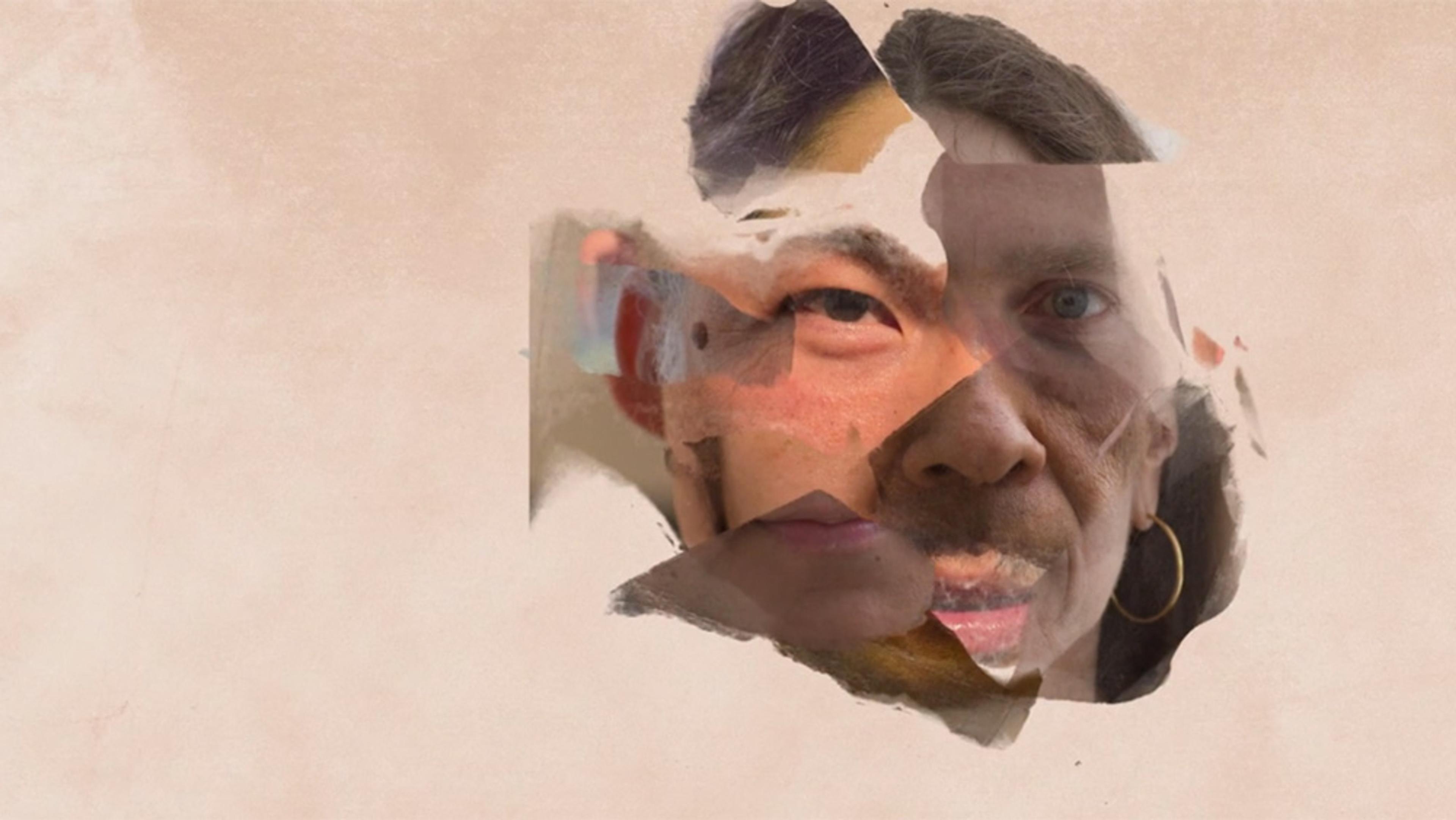
videoArt
Spray the DNA away – an artist’s stand against encroaching genetic surveillance
4 minutes
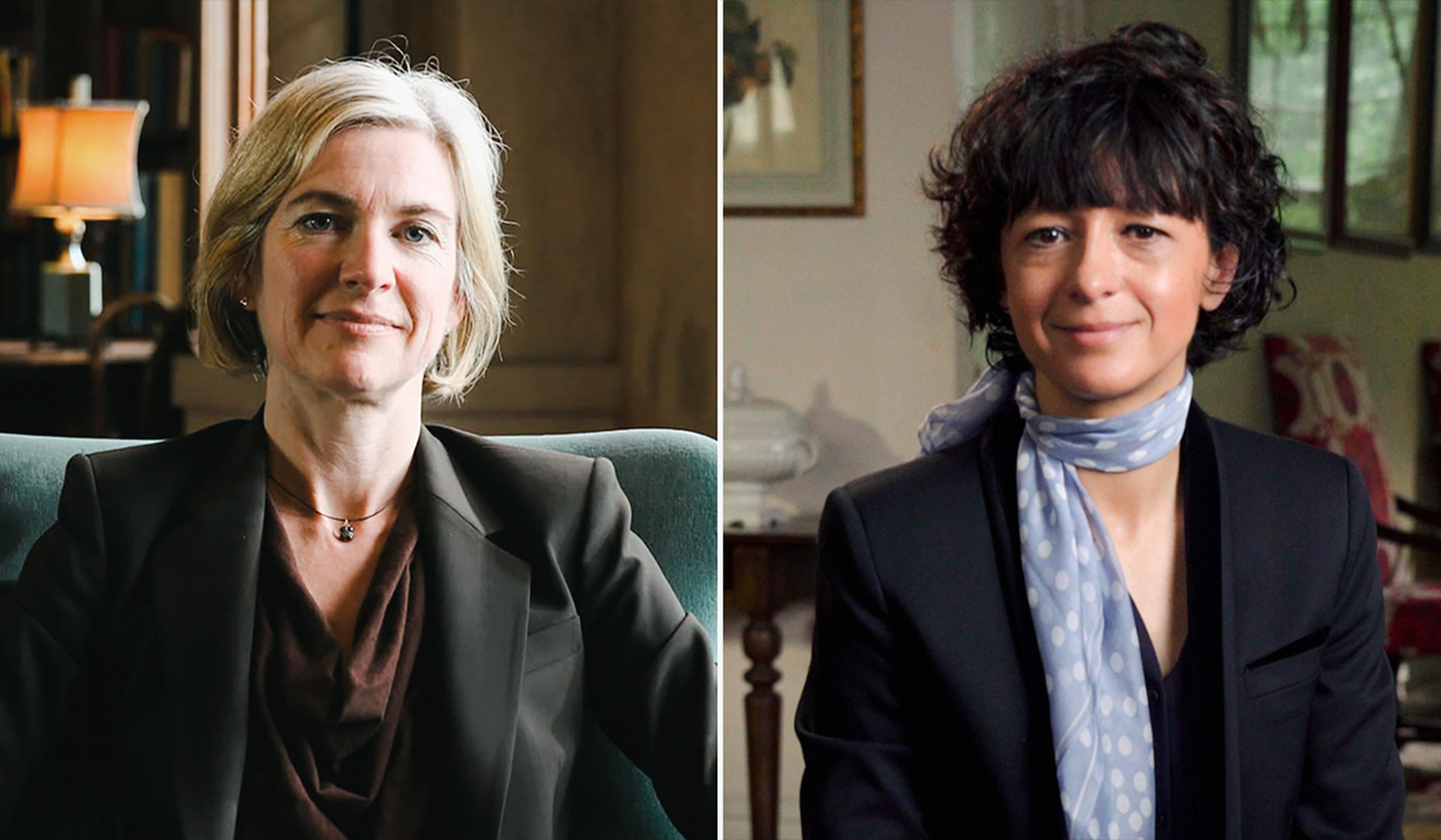
videoBiotechnology
The two women behind a world-changing scientific discovery
14 minutes

videoComputing and artificial intelligence
The ‘cloud’ requires heaps of energy to stay aloft. Could synthetic DNA be the answer?
12 minutes

videoNeuroscience
Psychiatry is due for a revolution in diagnosis and treatment through brain science
4 minutes
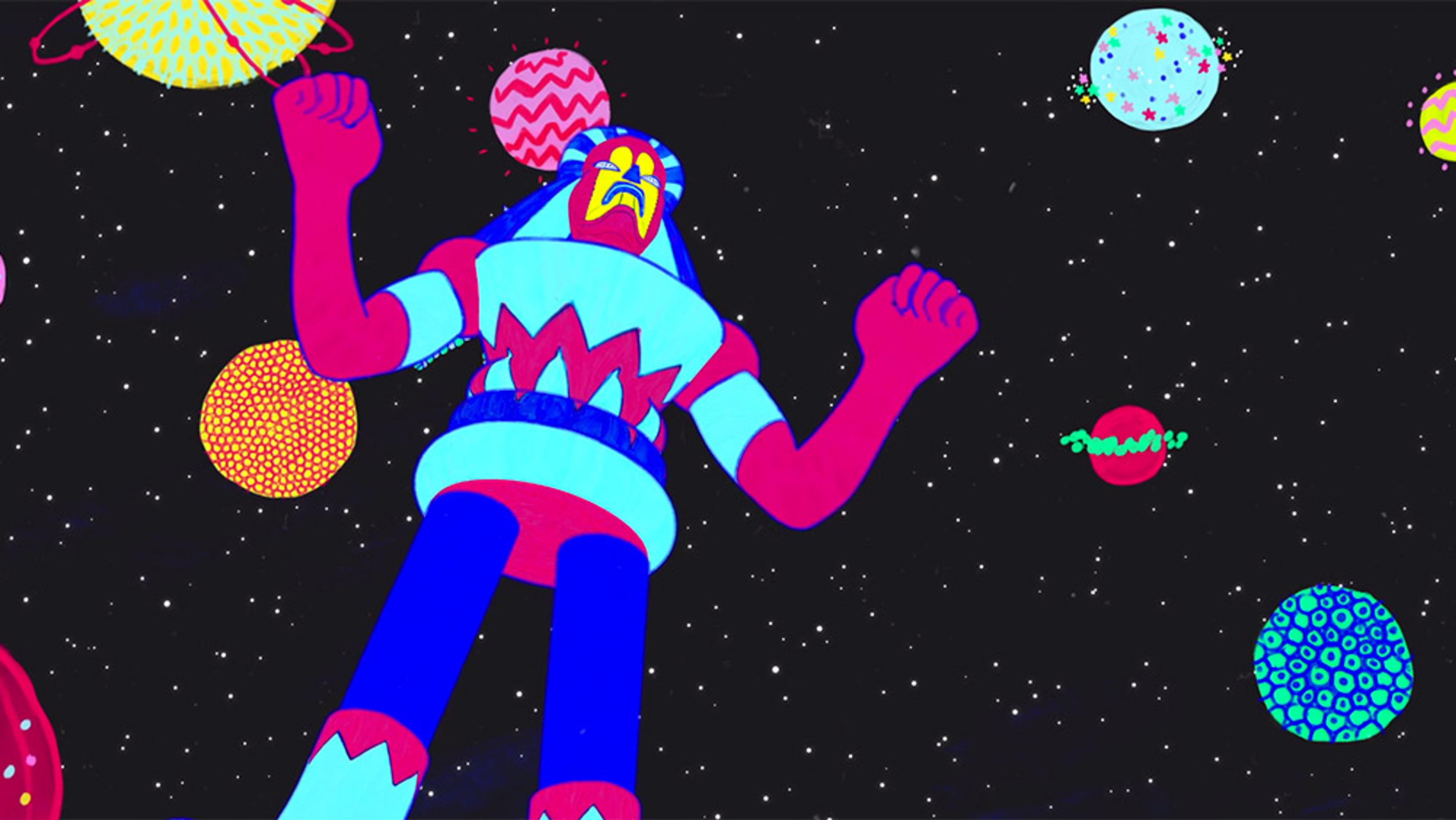
videoAutomation and robotics
Human as a process: What awaits us in the coming age of bio-enhancement?
3 minutes
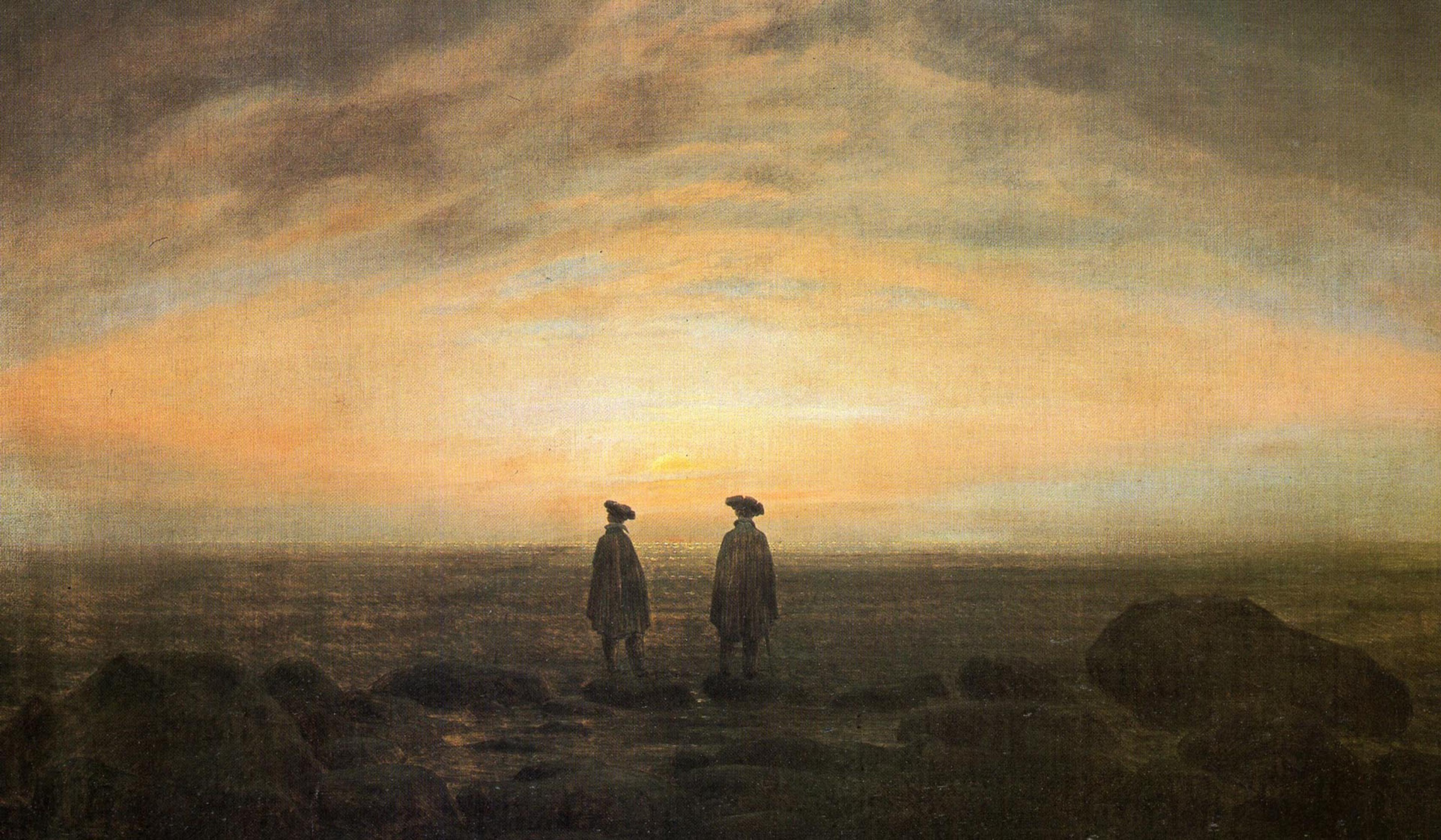
videoHistory of ideas
The self is not always selfish: Mary Midgley takes on Richard Dawkins
28 minutes
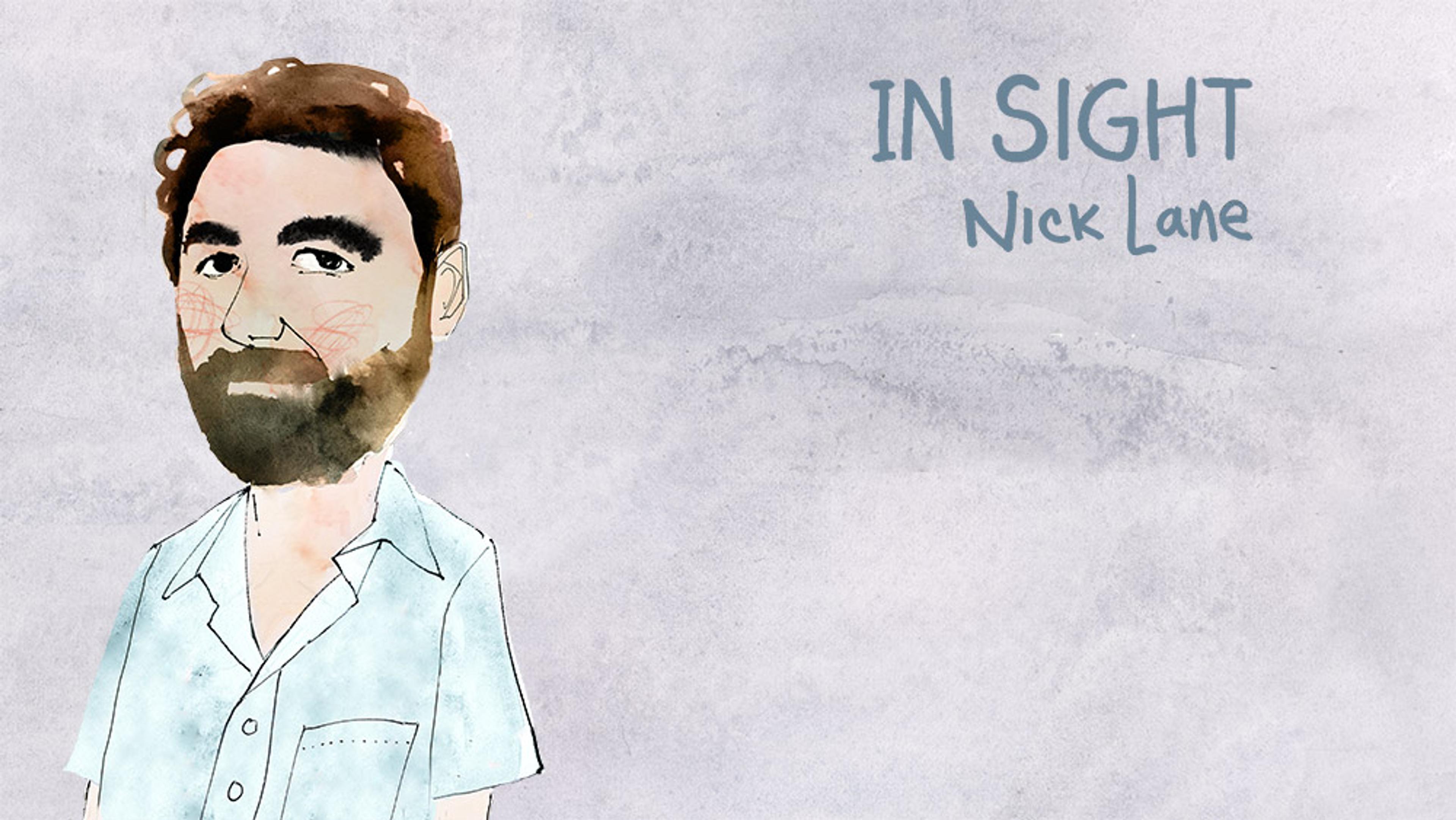
videoGenetics
Chimeras and lightning: a radical perspective on the evolution of complex life
6 minutes
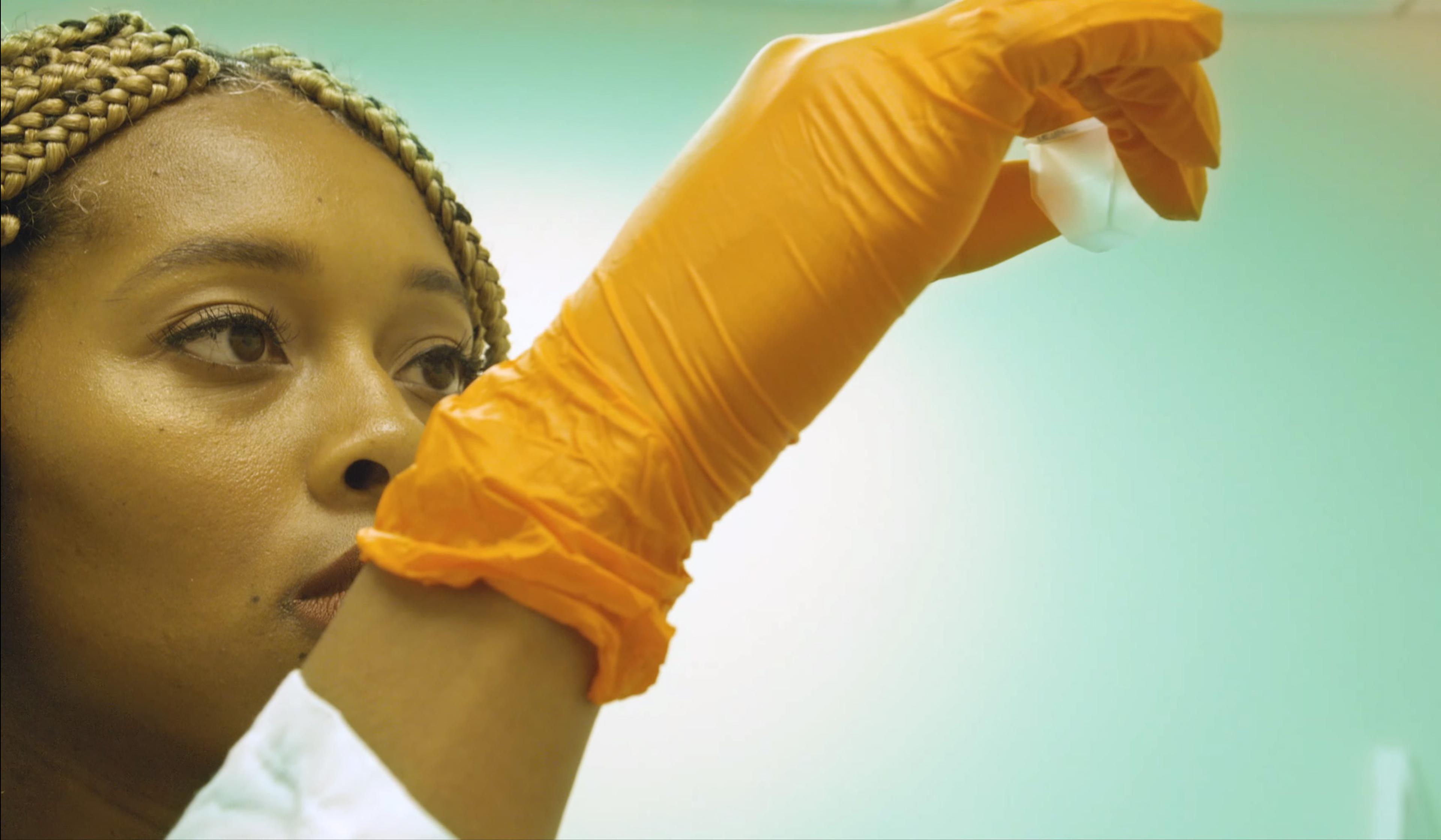
videoGenetics
If trauma can be passed down, could new therapies blunt the transgenerational impact?
9 minutes